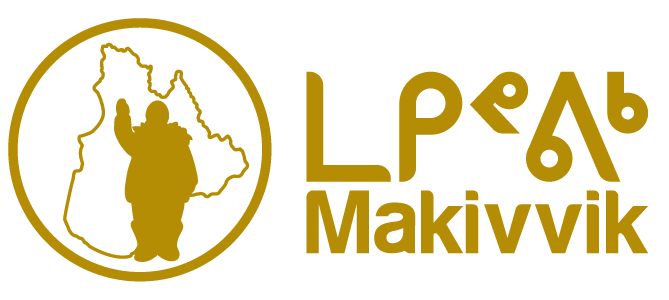By the Kativik Environmental Advisory Committee
Community landfills in Nunavik are often referred to as “Canadian Tire” and for good reason. For decades vehicles, heavy equipment, appliances, and metal waste from construction, renovation, and demolition activities have been piling up, providing replacement parts and scrap metal for many a DIY project! However, sometimes these metals are stockpiled alongside or mixed in with other materials and most of the vehicles and appliances have not been emptied of their hazardous substances. Furthermore, the metal that is not sent to landfills and either stored or discarded at various sites in the communities also constitutes a risk for human health and safety, not to mention the environment. In fact, much of this waste is comprised of hazardous materials that can leak or evaporate into the environment when worn or rusted. Various sharp edges can also cause injuries.
To lessen these risks, the Kativik Regional Government (KRG) has initiated environmentally positive projects in several Nunavik communities. In 2016 and 2017, training on the decontamination of end-of-life vehicles (ELVs), such as heavy equipment, automobiles, snowmobiles, and ATVs, was provided in the villages of Kangirsuk, Inukjuak and Kuujjuarapik. During the community events many ELVs were emptied of their hazardous materials including car batteries, mercury switches, lead parts, waste oil, gas, anti-freeze, and windshield washer fluid.

In 2022, a residual metal recovery project began in the community of Kangirsuk due to the closure of their current landfill. This project focuses on testing a method for sorting, decontaminating, pressing, and transporting metal waste accumulated in Kangirsuk to metal recyclers. The project will cost an estimated $6 million and will be financed by the Government of Quebec and by the KRG.
The work will be done by a recycler (Senexen Environmental inc. / Avataani) in collaboration with NV of Kangirsuk and will be managed by the KRG. The recycler will transport the equipment necessary to crush and bale the ELVs and the metal will then be shipped south by Desgagnés to be recycled. The hazardous materials resulting from the decontamination of the ELVs will be packed, labelled, and sent south for treatment.
All pressing activities were carried out at the landfill in Kangirsuk and required that metal waste scattered throughout the community be transported there during the project. This provided community members an opportunity to rid their yards of any unwanted metals.
The success of this project will translate into similar undertakings in other villages so that eventually all Nunavik communities will have an opportunity to participate in a metal recovery project. For more information, please contact the Environment Team at KRG: akouki@krg.ca or 819 964-2961 ext 2316.





